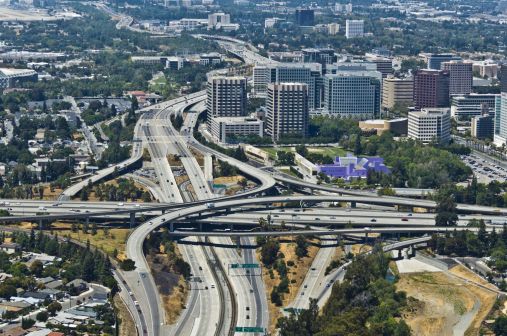Small, medium cities: the next frontier in open data?
The next frontier for cultivating open data into public services lies in small and mid-sized cities, according to Mark Headd, the former chief data officer for Philadelphia.
Headd, who now works as the chief technology evangelist for Accela Inc., wrote on Code for America’s blog that while large cities have adopted open data policies and practices, small and mid-sized cities have lagged behind, but he expects that to soon change.
Headd looked at information from the U.S. Census Bureau on incorporated places in the United States and information from a variety of different sources on governments that have adopted open data policies or published data and found the following results:
Among big cities:
- Nine of the 10 largest U.S. cities and 19 of the top 25 most populous cities have adopted open data policies.
- Of cities with populations less than 500,000, 71 percent have adopted open data.
Among 256 incorporated places with populations between 500,000 and 100,000:
- Only 39 have a policy making government information readily accessible to the public.
- A mere 15 percent of smaller cities have made a similar effort.
“We’ve already seen what open data looks like in big cities, and they are already moving to take the next steps in the evolution of their open data programs – but smaller cities risk getting left behind,” Headd said in the post.
He points out a few things that will help small and mid-sized cities open their data. For instance, he said cities need more cost-effective options for opening their data using systems already in place, such as plug-and-play tools.
“We’re not going [to] make progress in getting smaller governments to adopt open data if the cost of standing up a data portal has the same budget impact as the salary for a teacher, or a cop, or a firefighter, or a building inspector — I just don’t think that’s sustainable,” Headd wrote.
He also said work needs to be done developing useful new data standards that can easily be adopted by cities without the deep technology, journalism and research communities that can help drive open data adoption as data standards are a way to export civic technology needs to larger cities. While cities such as New York and San Francisco have gained attention for their open data efforts, the roll out in smaller cities has been much slower.
In February, Jackson, Michigan, became the smallest city in the United States with an open data policy and joined West Sacramento, California, as the only cities with populations less than 100,000 to put one into place. South Bend, Indiana, with a population of about 108,000 is also one of the more notable smaller cities with an open data policy in place.
These cases, though, tend to be outliers more than a growing trend. While these cities are just standing up their efforts, places like San Francisco have already updated their original policies to put more guidance in place for government workers or expand on their offerings.






